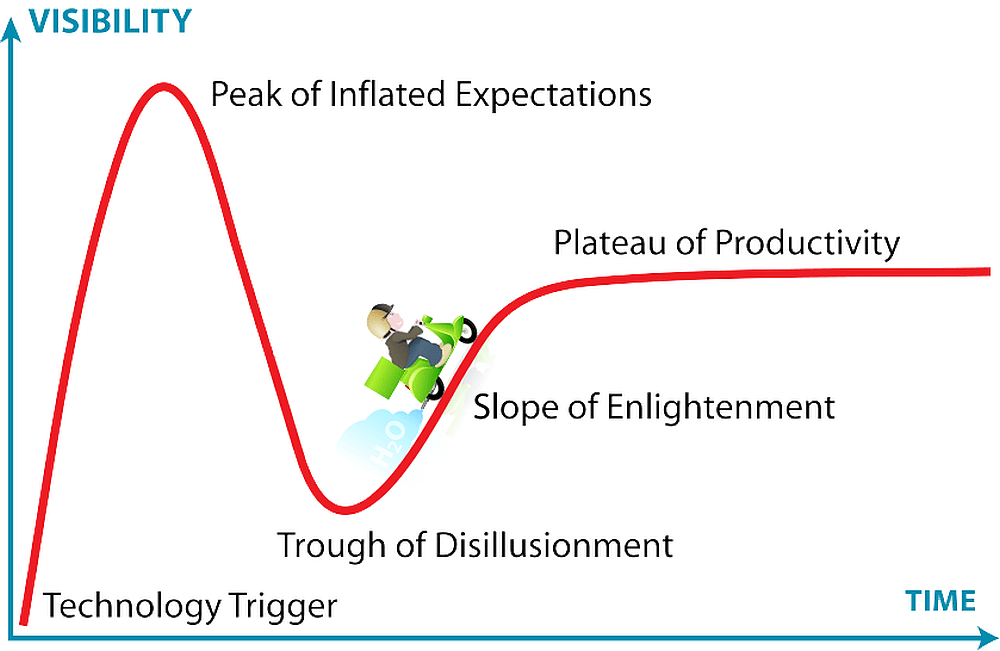
[Image above] The House is currently considering in subcommittee a spending plan that would keep fiscal year 2015 funding for the Energy Department’s science research and programs flat. Credit: NREL Solar Decathalon; CC BY-ND 2.0
Last week, the House Appropriations Committee presented the fiscal year 2015 Energy and Water Development, and Related Agencies Appropriations Bill that keeps funding for the Department of Energy’s programs and research flat.
The $34 billion spending plan—which is $50 million below what was enacted in 2014 and $327 million more than what President Obama had requested—has moved to subcommittee for consideration and markup.
“This bill reflects the tough decisions necessitated by our challenging fiscal environment, while placing emphasis where it is needed most: meeting critical national security needs and investing in our nation’s infrastructure,” says Energy and Water Subcommittee Chair Mike Simson in a press release. “It prioritizes the maintenance and safety of our nuclear weapons stockpile, while also funding important infrastructure projects and research that will increase U.S. economic competitiveness and growth.”
The bill, which increases funding for nuclear weapons programs, the Army Corps of Engineers, and programs that “encourage energy independence and economic competitiveness,” also includes:
- $10.3 billion for DOE energy programs that encourage U.S. competitiveness and advance Obama’s “all of the above” energy strategy. The appropriations—$113 million more than what was enacted in 2014—include $593 million for R&D to advance fossil fuel technologies and $899 million for nuclear energy research ($9.8 million more than the year previous). Funding for renewable energy programs, however, was cut by $113 million.
- $5.6 billion for environmental management activities, including $4.8 billion to clean up nuclear and non-nuclear weapon production sites, which is $202 million below 2014 enacted levels.
- $5.1 billion for science research, aka, no change over 2014 levels. The funding is earmarked for high-performance and high-tech research that will “lay the groundwork for more efficient and practical domestic energy solutions to help reduce the nation’s dependence on foreign oil, and help promote future growth in American businesses and industries.”
We’ll keep you posted on the bill’s progress as it moves through subcommittee toward approval.
In the meantime, you can read the full text of the bill here.
Author
Jessica McMathis
CTT Categories
- Energy
- Environment
- Market Insights


